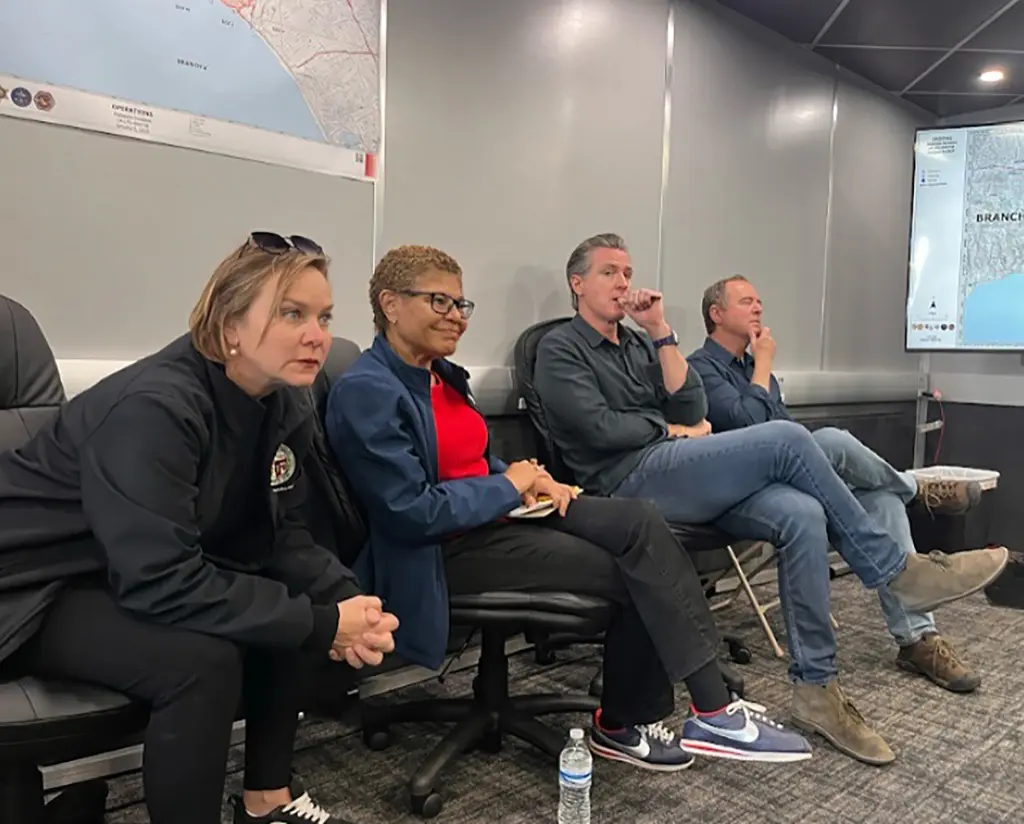The California Department of Housing and Community Development (HCD) has issued a blistering Letter of Inquiry to the City of Los Angeles, raising concerns about delays to the Venice Dell affordable housing project. The letter accuses the City of “significantly delay[ing] and effectively deny[ing]” the development, which has cleared multiple layers of approval, survived years of neighborhood opposition, and secured more than $42 million in state funding.
The letter places scrutiny on Councilmember Traci Park and City Attorney Hydee Feldstein Soto, both of whom have been involved in decisions that state officials say created new obstacles for the project. HCD warns that the City’s actions may not only conflict with its adopted Housing Element and its obligation under state law to affirmatively further fair housing, but could also jeopardize Los Angeles’ “Prohousing” designation and future access to state housing dollars.
Venice Dell is the kind of project Los Angeles committed to in its Housing Element: affordable housing on public land in a high-resource, transit-rich coastal neighborhood. The City Council approved entitlements in 2021, the California Coastal Commission signed off in 2024, and the state awarded funding in 2025. The City also entered into a binding development agreement with Venice Community Housing and Hollywood Community Housing Corporation.
Despite these steps, the state says the City added new barriers. The Board of Transportation Commissioners held a hearing to suggest relocating the project, even though it does not have authority over city property. The project was excluded from the City’s Affordable Housing Managed Pipeline, complicating its financing. The City has also not acted on Coastal Commission modifications needed for construction to proceed. According to HCD, these moves amount to new “governmental constraints” that violate state housing law.
The stakes go beyond Venice. Los Angeles could lose its Prohousing designation, millions in housing funds, and even the $42 million already committed to Venice Dell. The state also noted the broader implications, warning that obstruction of a fully entitled project in a high-resource area could set a precedent for future affordable housing developments.
The timing is politically sensitive. Park, who represents the district where Venice Dell is planned, faces reelection in 2026. Her office has advanced a motion to move the project to Lot 701 across the street, which she has described as a practical alternative. In her most recent newsletter, Park referred to Venice Dell as “defunct” and highlighted her Lot 701 plan as progress. Critics of the proposal argue that relocating the project would restart years of approvals and funding processes and effectively derail construction.
The state’s intervention underscores the importance of Venice Dell, one of only a handful of affordable housing projects planned for high-opportunity coastal neighborhoods in Los Angeles. What happens with this development, HCD suggested, will signal whether the city is prepared to deliver on its housing commitments, or continue to face delays that put affordable housing out of reach.

